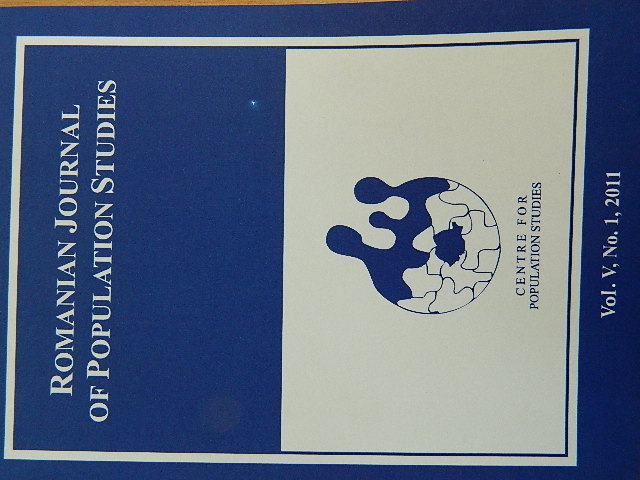The Ties between Adult Generations in Family
The Ties between Adult Generations in Family
Author(s): Cristina TârhaşSubject(s): Social Sciences
Published by: Centrul de Studiere a Populaţiei
Keywords: intergenerational transmission (support; transfer; solidarity); bonding social capital; social exchange theory; intergenerational solidarity theory; ambivalence explanatory model
Summary/Abstract: The paper analyse the subject of multigenerational bonds in contemporary family who are obviously growing in importance, fact who are reflected in increasing number of empirical findings. The social-demographic evolution of societies conduct to a longer life span that has resulted in potentially more years being spent in multigenerational families, greater family structure diversity, and more numerous demands being placed on households and families to fulfil the emotional, physical, and interpersonal needs of family members. Different types of exchanges between parents and children are embedded in family and kinship relationships. One of the most salient aspects of the relationship between ageing parents and their adult children are the transmission of goods, services and support behaviour. Reasons may differ: by utilitarian (functionalist) point of view, at different ages, it different ways, parents and children occasionally need, offer and receive help; other scholars explain the exchanges as a function of intergenerational solidarity, in which transfers are based on family obligation norms, affection and emotional attachments, an opportunity structure that facilitates interaction between generations, and perceptions that intergenerational exchanges have been reciprocal; and others explanations had focused on altruism based on kinship, based on evolutionary theory who pointed that is a genetic predisposition to help those with whom one is genetically related and from economic theories that propose that resources are transferred because it makes the donor happier than alternative uses of those resources would. Based on literature, the diachronic research (realized in 2003, and 2010 respectively) aimed at the study of intra-familial intergenerational exchange models, focused on routine or normative models of exchanges between two sample of Romanian adult parents and adult children, from urban and rural Transylvanian areas. Our results suggests that the patterns of intergenerational transmission behaviour is more consistent with the social exchange model than the altruistical model, with significant increase of ambivalence behaviour and attitudes in 2010.
Journal: Romanian Journal of Population Studies
- Issue Year: 5/2011
- Issue No: 1
- Page Range: 83-101
- Page Count: 19
- Language: English
- Content File-PDF

